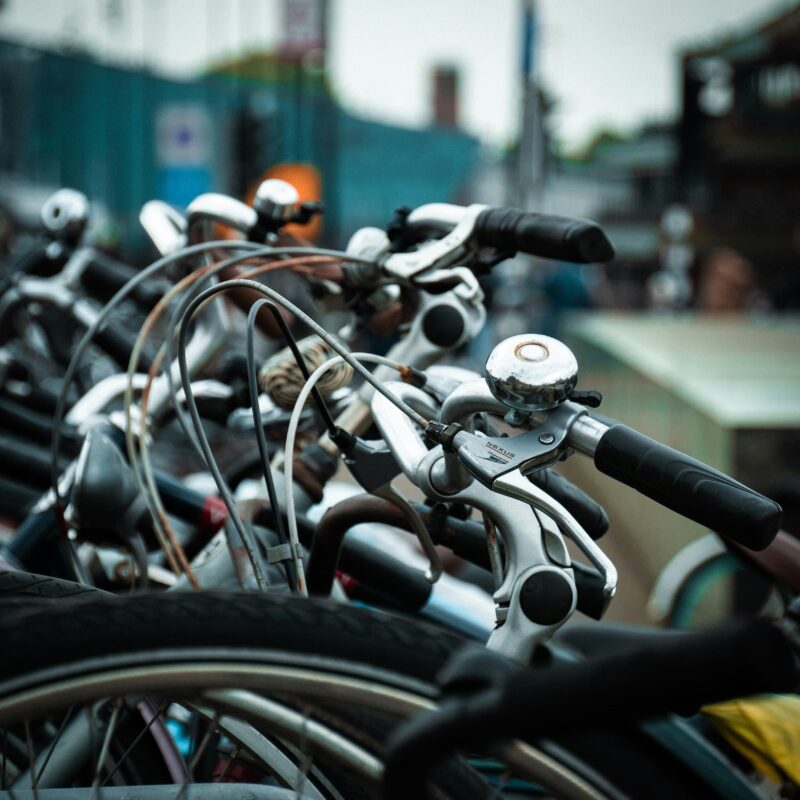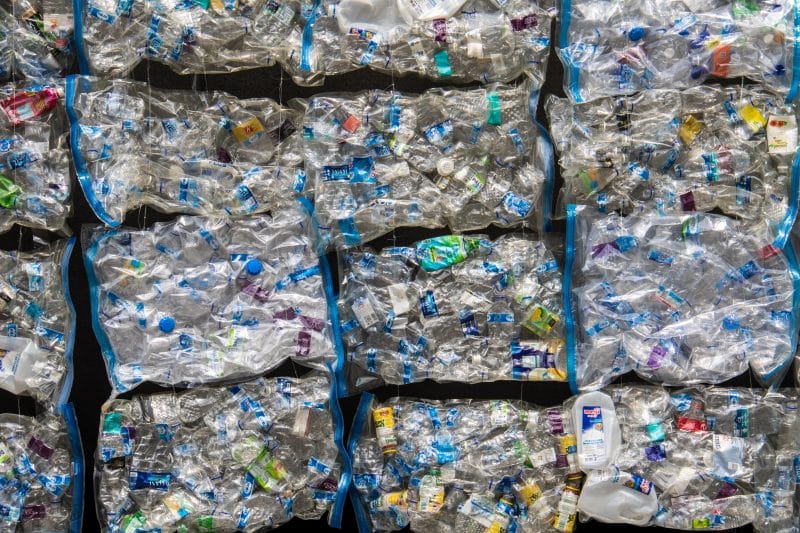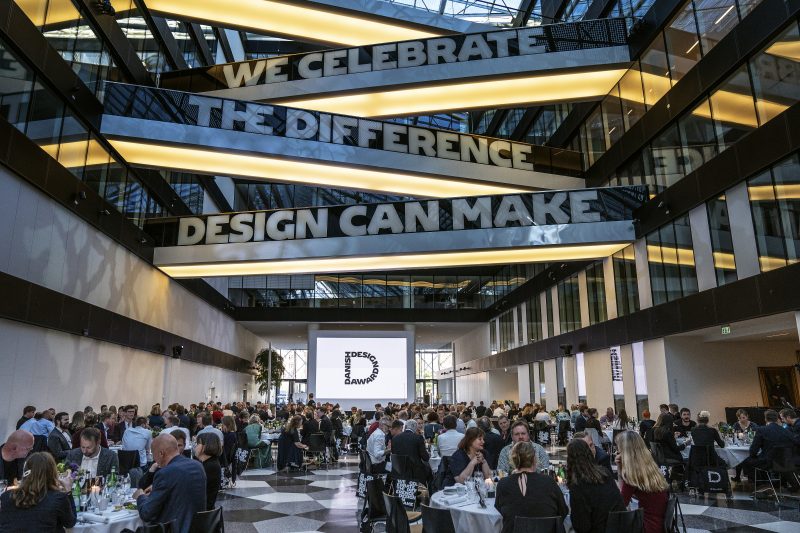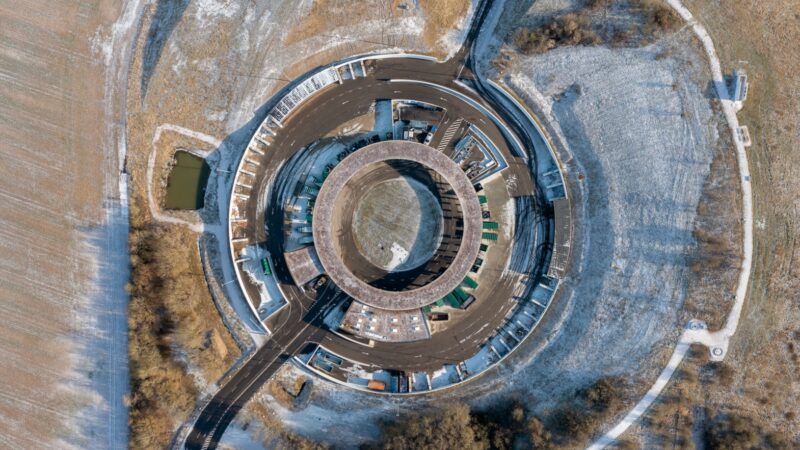News
Waste management
Huge boom in Danish deposit: 1.7 billion bottles and cans were recycled in 2020
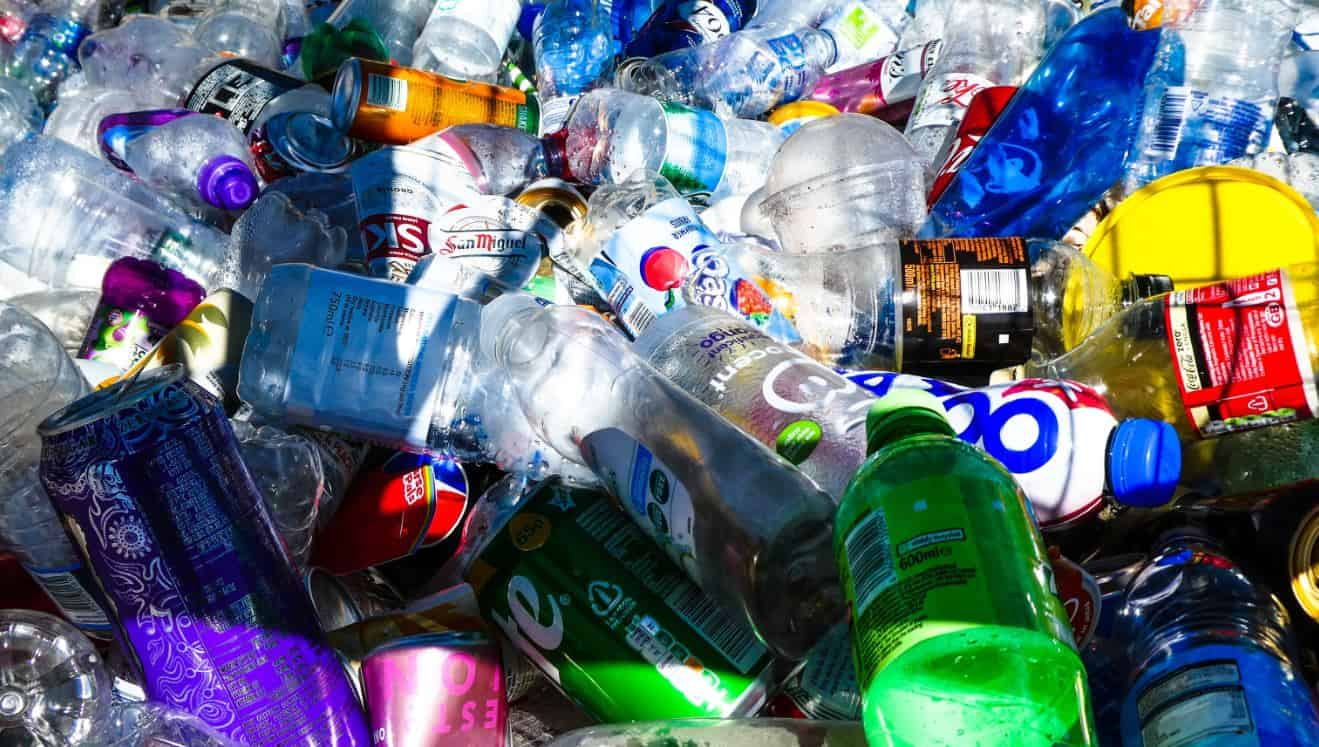

“We are used to the fact that Danes are really good at returning bottles and cans, and that the amount of returned items increases a bit every year. But the increase of 19 per cent is astonishing and surpassed everything we have seen before,” said CEO Lars Krejberg Petersen from Dansk Retursystem about the recently published 2020 annual report (in Danish) for Dansk Retursystem, the operating company of the Danish deposit and return system.
"The increase of 19 per cent is astonishing and surpassed everything we have seen before"
- Lars Krejberg Petersen, CEO, Dansk Retursystem
To increase recycling, the Danish government expanded the Danish deposit system in 2020. Since then, Danish consumers have been able to return juice and concentrate bottles along with other deposit-marked bottles at their local reverse vending machines. At the end of 2020, the return percentage on juice, lemonade and smoothie packaging was as high as 91 per cent after rising steadily during the year. That equates to 57 million bottles a year.
When 19 per cent more cans and bottles are returned, it has an impact on the supermarkets' bottle rooms.
"Of course, we were put under pressure by the increase! But fortunately we have handled the increase in a way that the Danes and the grocery stores did not drown in deposit packaging, on top of all the other Covid-19 challenges,” said Lars Krejberg Petersen.
-Related news: Record-breaking year for Danish recycling: 92 per cent of bottles and cans returned for recycling
Dansk Retursystem's new facility in the Copenhagen suburb of Høje Taastrup opened at an extremely fortunate time: H.R.H. Crown Prince Frederik of Denmark had barely opened the factory and started the large machinery before the country closed down during the first Covid-19 wave in March. The new factory handled the increasing volumes efficiently and with far fewer manual processes.
Manufacturer fee halved
Manufacturers of beverage packaging pay a fee for each packaging that Dansk Retursystem handles. Thanks to the new factory and a focus on efficiency (and other factors), it has been possible to reduce the average fee by as much as 58 per cent. Four years ago, it cost an average of EUR 0.02 17 per item; now the fee is down to EUR 0.01 on average.
Towards 100 per cent circularity
In 2020, Dansk Retursystem present the first packaging, which is 100 circular, namely the 0.5 litre aluminium can, which has a fee of EUR 0. Aluminium cans are generally easy to recycle, as very little is wasted in the process. For the 0.5 liter can, the costs associated with handling the can are offset by the income that Dansk Retursystem receives for reselling the material.
-Related news: 95 per cent of this type of plastic is not recycled: Danish companies are about to change that
Dansk Retursystem continues the work of reducing costs and ensuring as high a recyclability as possible for all materials in the deposit system.
"Our goal is a 100 per cent circular economic deposit system"
- Lars Krejberg Petersen, CEO, Dansk Retursystem
“Our goal is a 100 per cent circular economic deposit system. By that we mean that we will help the manufacturers to design packaging that is so easy to recycle that the fees end up at zero - because all the costs are covered by what we get by selling the materials, i.e. plastic, glass and aluminium,” said Lars Krejberg Petersen.
Facts about the Danish deposit and return system
Source
Dansk Retursystem (in Danish)
Photo by Nick Fewings on Unsplash
